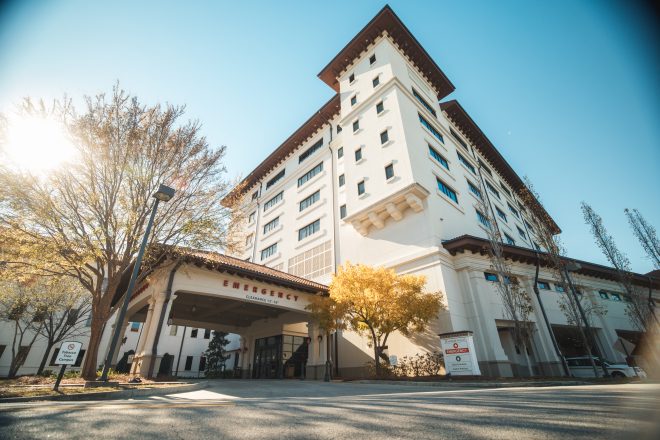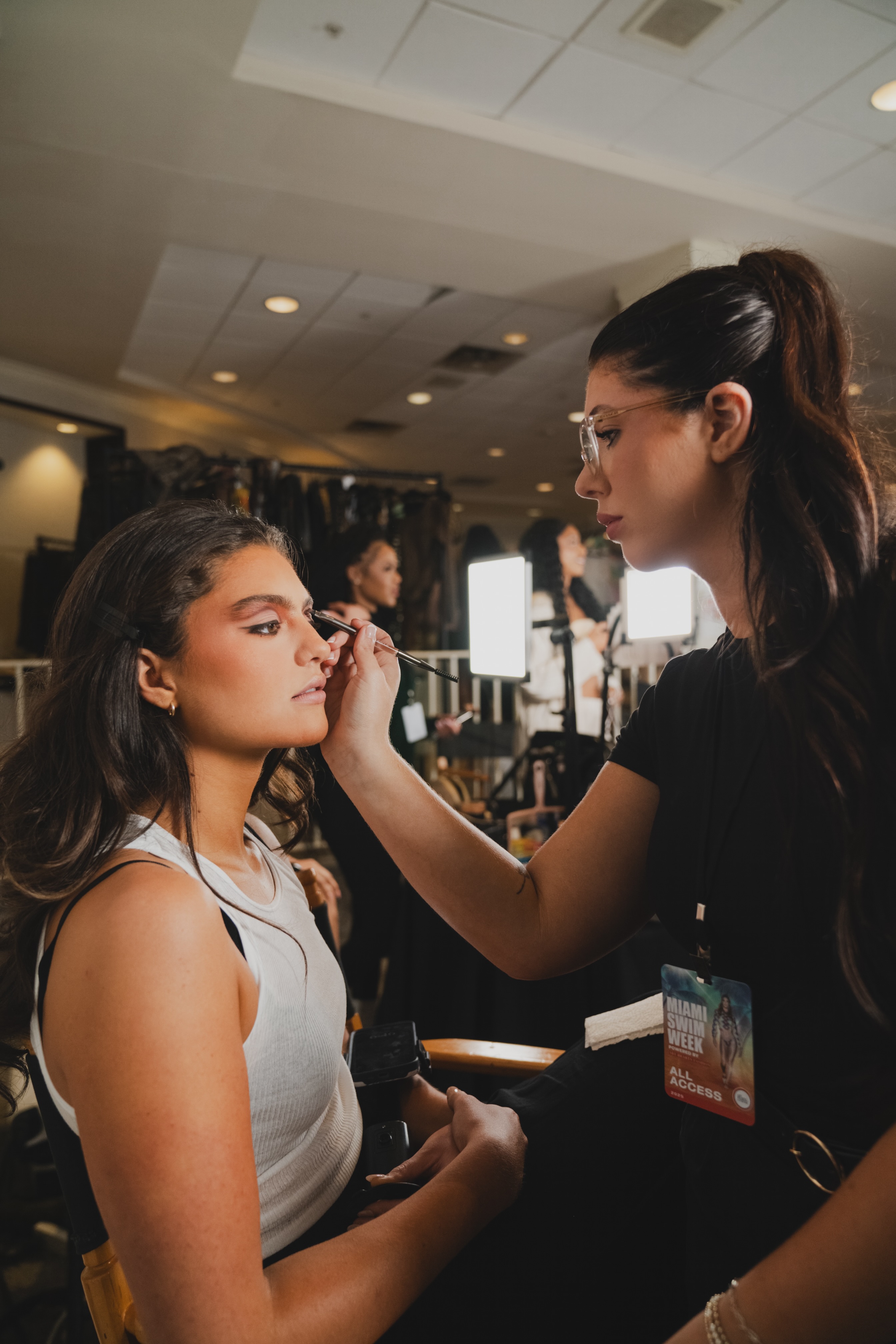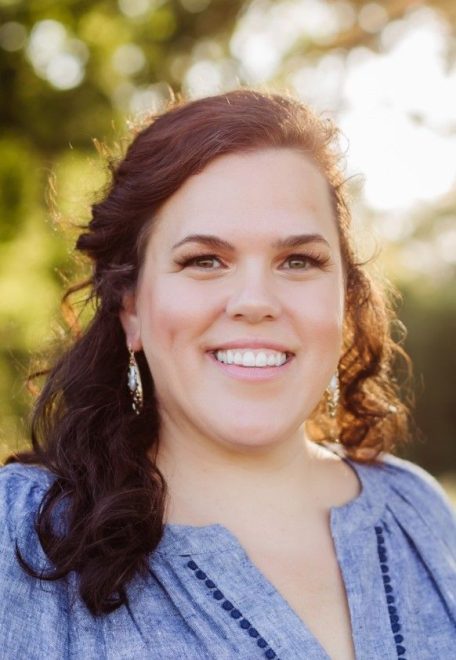Local teen learns first-hand importance of Relay for Life
Published 9:44 pm Saturday, March 25, 2006
For several years, the American Cancer Society has been providing childhood cancer survivors and patients with the opportunity to receive special scholarship money through the ACS Champion Program.
The Champion Program was established in 1999 and offers childhood cancer survivors a better opportunity to receive financial aid during their college career. All applicants of the scholarship must be under the age of 25 and have been diagnosed with cancer before age 19.
Through the Champion Program and the South Atlantic Division of the American Cancer Society, many college students in this area have been able to receive scholarship money. The donations of people nationwide have helped the American Cancer Society not only with research and related areas, but also with scholarship opportunities.
“We want people to know how their donations are being used to help survivors right here at home,” said Karen Kramer, community manager of the American Cancer Society in Tifton.
Matthew Hall, an ABAC student from Ben Hill County majoring in family and consumer science, discovered a lump in his neck during his senior year in high school. He told his mother about it shortly after he found it. His mother, Louise Hall, did not want to take any chances and scheduled a doctor’s appointment right away. After Hall’s visit to the doctor, he was diagnosed with thyroid cancer in October 2004.
Being diagnosed with cancer was a totally new experience for Hall. It was his first time in hospital since he had been born. He underwent treatment at Tift Regional Medical Center. He missed several weeks of school and endured two surgeries and radiation treatment, all of which took place within three months of his diagnosis. He took a pill to begin his radiation treatment and was confined to a hospital room for three days with very few visitors.
“I was radioactive. No one could get close to me,” Hall said.
His mother and other close family members could visit for about 15 minutes at a time. However, they were not able to approach any closer than a striped mark on the floor. It was not considered safe for visitors to cross this line because of the radiation treatment.
During Hall’s treatment, many people in the community showed their support through prayer and encouragement.
“People I didn’t even know were praying for me,” Hall said.
Hall said he watched television while he was in the hospital simply because there was nothing else he was able to do. Even his TV remote was covered in plastic to protect it from radiation. When the nurses entered his room to give him his meals, they would leave the trays in trash bags in the corner of the room. Nothing that came in contact with him could be taken out because it was contaminated with radiation.
“When I left [my hospital room], they took everything and burned it,” Hall said.
Hall is currently a student at ABAC and is working toward his college and career goals. He plans to transfer to Georgia Southern University and hopes to become a dietitian.
He still goes in for check-ups once a month, but has been cancer free since his last surgery.
“It was hard to deal with at first, but I found out just how many people cared for me,” Hall said. Once Hall found out about the ACS scholarship opportunity he applied, and was granted the scholarship and is now a full-time student at ABAC. He said he had worried about finances with the large medical bills he had incurred going through his cancer treatment. This scholarship made it possible for him to continue his education.
“The scholarship was $1,000 the first semester, and then $500 each semester after that,” Hall said. “Although a lot of the money raised [for the ACS] goes to cancer research, which is the reason I am still here, people also need to know their money is being used for things like this.”
Hall participated in a Relay For Life event for the first time in the spring of 2005. He says he had never participated or even really cared about Relay For Life before his diagnosis. Now he understands just how important this event is to everyone. He is making plans to attend Relay For Life event again this year.
Since 1999 the American Cancer Society’s South Atlantic Division has provided more than 2,000 scholarships to survivors of childhood cancer who pursue a college education. Applications are being accepted at this time for the 2006 Champion Program with an application deadline of April 15. For more information about the Champion Program or an issue related to cancer, call 800-ACS-2345 or visit the Web site at www.cancer.org.





